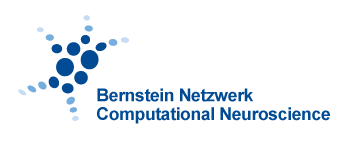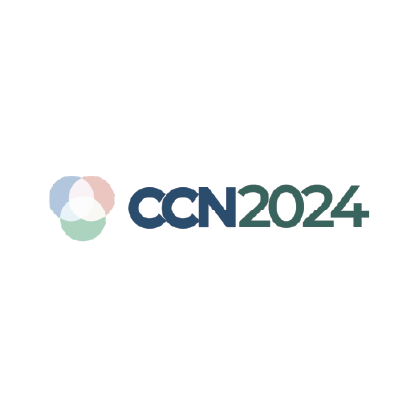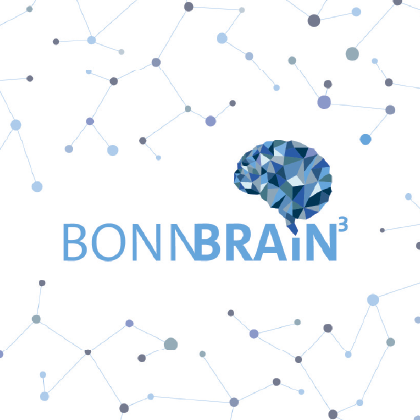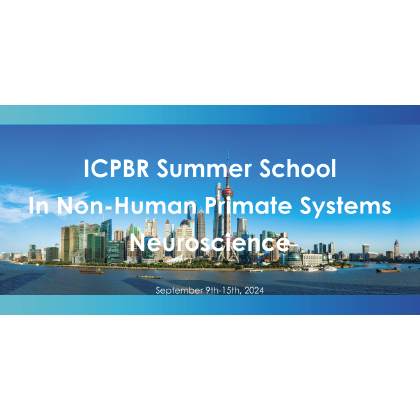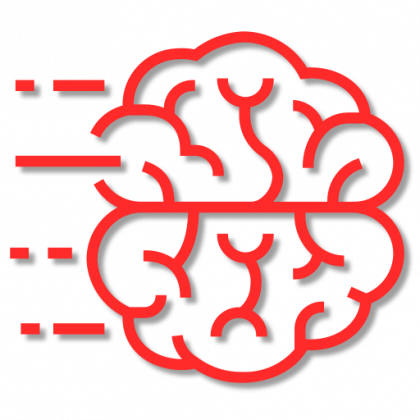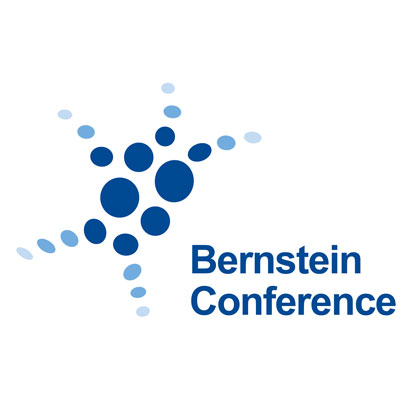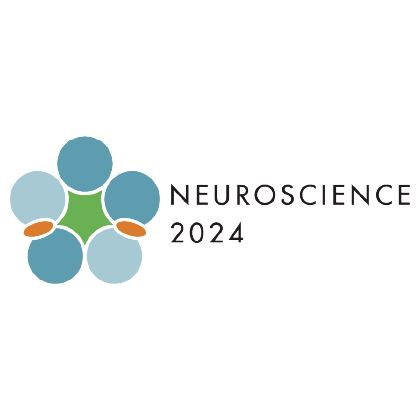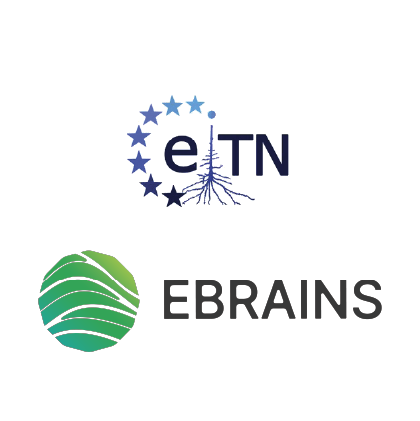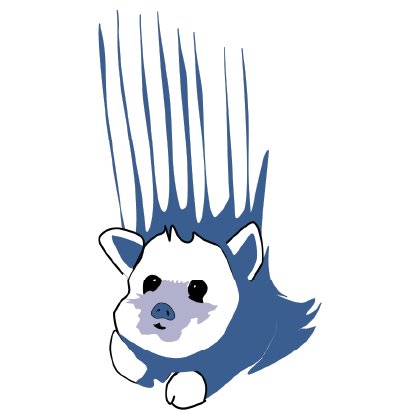Konferenzen, Symposien, Workshops, Kurse. Unsere Mitglieder sind aktiv in vielen Veranstaltungen eingebunden. Hier finden Sie die aktuelle Liste der anstehenden Events, die für Forschende der Computational Neuroscience von Interesse sind.
Cognitive Computational Neuroscience
CCN is an annual forum for discussion among researchers in cognitive science, neuroscience, and artificial intelligence, dedicated to understanding the computations that underlie complex behavior. The conference began in 2017, with a goal to deepen interactions between these disciplines and to discover ways that the communities can benefit one another and leverage each other’s successes.
PCN 2024 – Primate Cognitive Neuroscience Summer School 2024
The third instantiation of this European Summer School will bring together PhD students, early postdocs, and an international list of faculty for an intense training programme in primate cognitive and systems neuroscience. It will provide an outstanding training opportunity for young scientists working with non-human primates.
Teaching will focus on cognitive processes in primate sensory and motor systems as well as in social settings and decision making, and will include important and novel results and methodologies. Topics of animal welfare, ethics, and media outreach will also be covered. Each faculty member will teach for about one half-day and furthermore will be available for individual scientific discussions, career planning advice, and scientific networking. Participants are expected to present their ongoing work in a poster presentation.
Alexander Gail
Kristine Krug
7th Bonn Brain³ Conference
BonnBrain³ stands at the forefront of cutting-edge scientific inquiry, uniting experts from diverse fields in a premier international conference focused on unraveling the complexities of states, behavior, neural circuits, and codes. This interdisciplinary scientific gathering prioritizes the presentation of groundbreaking and unpublished research, fostering insightful discussions after each talk and nurturing informal interactions among scientists at all career stages.
RELab: Rewilding Ethology Laboratory
Are you ready for an expedition into the multifarious world of animal behavior, where the lab meets the wild? Join us for RELab, a unique experimental workshop in the scenic location of Lake Constance, Germany.
Visual Neuroscience: from spikes to awareness
The European Summer School exposes young vision researchers—at the late pre-doctoral or early post-doctoral level—to the principal methods and seminal issues of contemporary visual neuroscience. In addition, it seeks to build a basic fluency in the emerging lingua franca of computational neuroscience. The range of topics is broad, literally from spikes to awareness, and the pace correspondingly brisk. This intensive experience should allow participants take a broader view of, and make more informed decisions about, their future research direction.
Felix Wichmann
Bridging Fields in Creativity Research
We bring together leading experts on creativity from different scientific disciplines to discuss unifying approaches to operationalize creativity, investigate its neural mechanisms and develop theoretical and experimental concepts to probe and corroborate such mechanisms, especially on the level of neuronal networks. For this reason, we provide an interdisciplinary framework for the conference and bring experts from cognitive science together with systems neuroscientists as well as experts from computer science.
Jens-Bastian Eppler
Jonas Elpelt
ICPBR Summer School In Non-Human Primate Systems Neuroscience
The goal of this school is to provide introductory lectures to international young investigators (mainly graduate students and post-doctoral fellows) on recent advances in the science and technology related to non-human primate research, with relevance to the understanding of human brain functions and disorders.
ACAIN 2024: AI meets Computational Neuroscience and Cognitive Science
The ACAIN 2024 symposium and course is an interdisciplinary event featuring leading scientists from AI and Neuroscience, providing a special opportunity to learn about cutting-edge research in the fields of AI, Neuroscience, Neuroscience-Inspired AI, Human-Level AI, and Cognitive Science.
The 4th Advanced Course and Symposium on Artificial Intelligence & Neuroscience (ACAIN) is a full-immersion five-day Course and Symposium at the Riva del Sole Resort & SPA, Castiglione della Pescaia (Grosseto), Tuscany, Italy on cutting-edge advances in Artificial Intelligence and Neuroscience with lectures delivered by world-renowned experts. The Course provides a stimulating environment for academics, early career researchers, Post-Docs, PhD students and industry leaders. Participants will also have the chance to present their results with oral talks or posters, and to interact with their colleagues, in a convivial and productive environment.
Sacha van Albada
Bernstein Conference 2024
Each year the Bernstein Network invites the international computational neuroscience community to the annual Bernstein Conference for intensive scientific exchange. It has established itself as one of the most renown conferences worldwide in this field, attracting students, postdocs and PIs from around the world to meet and discuss new scientific discoveries.
The Bernstein Network will have an information booth at this event!
Neuroscience 2024
Each year, scientists from around the world congregate to discover new ideas, share their research, and experience the best the field has to offer. Attend so you can: present research, network with scientists, attend session and events, and browse the exhibit hall. Join the nearly half a million neuroscientists from around the world who have propelled their careers by presenting an abstract at an SfN annual meeting — the premier global neuroscience event.
The Bernstein Network will have an information booth at this event!
EITN EBRAINS Fall School in Computational Neuroscience
The EITN Fall School in Computational Neuroscience consists of a 10-day course in theoretical and computational neuroscience, from cellular to whole-brain levels. The course is structured in thematic days with lectures, tutorials, and project work.
The course is typically aimed for PhD students, young postdocs, or master students interested to learn more about techniques of computational neuroscience, and the use of various simulation environments for model building. The students will form thematic groups to work on predefined subjects, with the help of tutors.
The course will cover cellular models, models of brain signals, circuit models and networks, mean-field models, and whole-brain models. There will be lectures and tutorials associated with these topics.
SPONT 2024
We invite you to participate in the “Spontaneous Activity in Brain Development” meeting, a dynamic forum for neuroscientists exploring brain activity during development. The third SPONT meeting, SPONT2024, is scheduled from 4-6 November 2024 in Altea, a picturesque seaside town near Alicante in Spain.
SNUFA 2024
This online workshop brings together researchers in the fields of computational neuroscience, machine learning, and neuromorphic engineering to present their work and discuss ways of translating these findings into a better understanding of neural circuits. Topics include artificial and biologically plausible learning algorithms and the dissection of trained spiking circuits toward understanding neural processing. We have a manageable number of talks with ample time for discussions.
Friedemann Zenke
Advanced Neural Data Analysis and Neuroinformatics (ANDA-NI)
Techniques to record neuronal data from populations of neurons are rapidly improving, allowing for simultaneous recordings from hundreds of channels while animals perform complex behavioral tasks. The analysis of such massive and intricate data sets poses significant challenges. ANDA-NI aims to equip participants with theoretical and practical training in state-of-the-art analysis approaches for neurophysiological data.
Sonja Grün
Thomas Wachtler
Hansjörg Scherberger
Martin Nawrot
